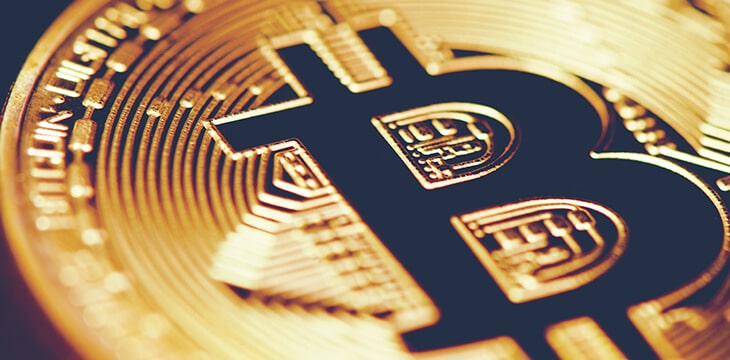
|
Getting your Trinity Audio player ready...
|
The Republic of Panama is seeking to become the latest country in Central America to legalize digital currencies and recognize them as legal tender. A Panamanian lawmaker has introduced a bill that seeks to make digital currencies an alternative payment method at a time when the controversial Bitcoin Law has taken effect in El Salvador.
Gabriel Silva, a Panamanian Congressman, unveiled the latest bill on Twitter, stating that it seeks “to make Panama a country compatible with the blockchain, crypto assets and the internet.” Silva believes that the bill, known as the Crypto Law, will create thousands of jobs, make the government transparent and attract investment.
Hoy presentamos la Ley de Cripto. Buscamos hacer a Panamá un país compatible con el blockchain, los criptoactivos y el internet.
Esto tiene el potencial de crear miles de empleos, atraer inversión y transparentar el gobierno
Pueden ver el proyecto aquí: https://t.co/6FoKdwbkwR pic.twitter.com/xDxfyS9BYI
— Gabriel Silva (@gabrielsilva8_7) September 6, 2021
Silva also touted the support for innovation and an expansion of existing financial products and services as some of the other benefits of the Crypto Law.
The bill recognizes the rapid growth of Internet penetration in Panama in recent years and how this has played a big role in the growth of the country’s economy. Blockchain technology and digital currencies are the next phase in this growth and Panama can’t risk falling behind, according to the proposed bill.
The Crypto Law got many things right, including debunking the myth that digital currencies are a criminal haven.
“…in practice, their use for illicit activities is quite low. In 2019, criminal activity using cryptocurrencies only accounted for 2.1% of all cryptocurrency transactional volume and in 2020 illicit activity using cryptocurrencies dropped to 0.34%, according to statistics from Chainanalysis,” the bill stated.
In addition, the blockchain allows authorities to easily track any illicit activity since it’s transparent and immutable.
However, the bill also got some things wrong. The biggest, and among the most common, is that digital currencies present “potential long-term investments and inflation hedges.” This narrative, which has been extensively sold by the BTC faction, goes against Satoshi’s vision of Bitcoin being peer-to-peer electronic cash.
El Salvador’s Bitcoin Law took effect this week on September 7 amid controversy, protests, and legal actions. Panama intends on avoiding the controversy that has led to dissidence—forcing digital currency usage. El Salvador’s law requires all economic agents to accept BTC payments, whether they want to or not.
In Panama, digital currency acceptance by merchants will be optional, with the bill recognizing digital currencies as alternative payment methods.
Watch: SEC Commissioner Hester Peirce discusses “Blockchain Policy Matters” with Bitcoin Association’s Jimmy Nguyen
Recommended for you
Lorem ipsum odor amet, consectetuer adipiscing elit. Elit torquent maximus natoque viverra cursus maximus felis. Auctor commodo aliquet himenaeos fermentum
Lorem ipsum odor amet, consectetuer adipiscing elit. Accumsan mi at at semper libero pretium justo. Dictum parturient conubia turpis interdum

 11-14-2024
11-14-2024 


